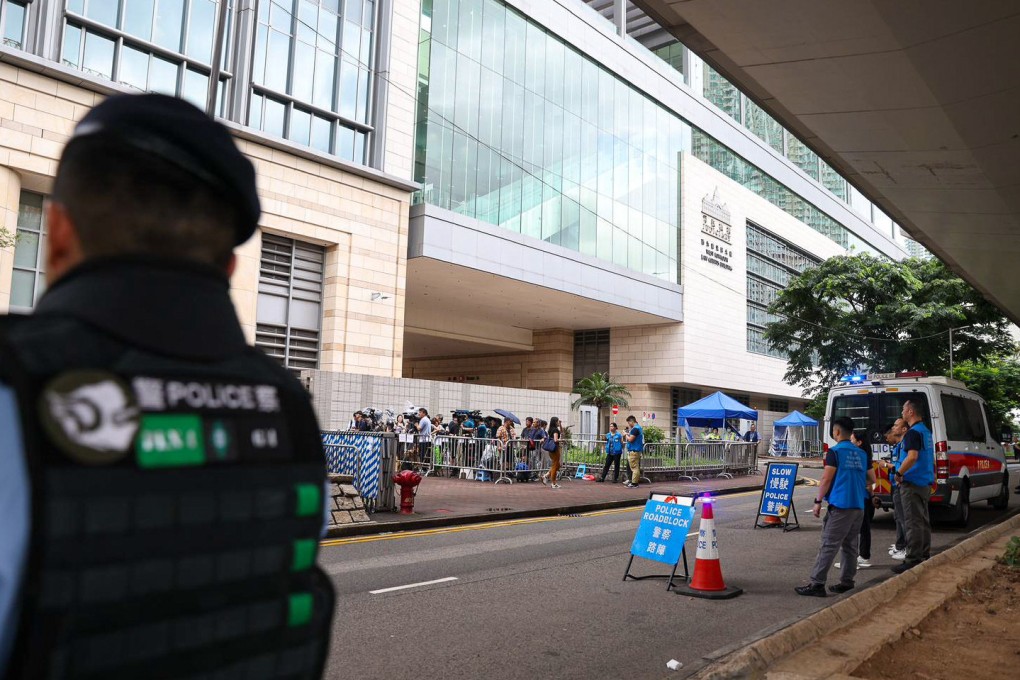Hong Kong 47: Benny Tai’s lawyers ask for 2-year jail term, rejecting call for 10 years
- Judges doubtful over defence claim that Tai played ‘rather limited’ role in plan to bring down government through unofficial Legco ‘primary’

But the three High Court judges overseeing the case expressed doubts on Tuesday over what the defence counsel said was the “rather limited” role Tai played in a scheme to bring down the government.
One judge also highlighted the illegality – under the Basic Law, the city’s mini-constitution – of an indiscriminate vote against the budget. The move could have paralysed the government and created a constitutional crisis.
West Kowloon Court heard the submissions ahead of the sentencing of 45 opposition figures earlier convicted of conspiracy to subvert state power.
Stewart Wong Kai-ming SC, representing Tai, said the court should take three years as the starting point for his client’s sentence and reduce it to two years after considering mitigating circumstances, including his timely guilty plea.
“Some may say that a suggestion of two years [in jail] is a bit ambitious or even audacious, but we do not make such submissions lightly,” Wong said.
“Taking into account all applicable legal principles, the specific facts of this case and the personal circumstances of [Tai], we do say such a sentence is a correct one.”